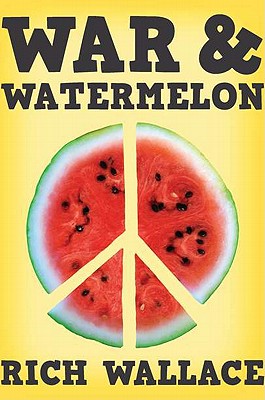I read four stories from William Gay's "i hate to see that evening sun go down," a book loaned by a friend who, knowing my affinity for Southern lit, insisted that I read this collection. I report that I only read four stories not because they are bad (they're not) or boring (also not), but because they are something more or other than I want to handle now. Short stories are a form I typically respond well to; however, these stories were all similarly dark and (dare I say it?) male in a way that made it less appealing, especially if you wanted to read more than one at a sitting. What do I mean by that? Well, there's sex and cursing and guns and death and just general aggression. Oh, and dialogue with no quotation marks. I've got no problem with these elements for the most part, but a repetition of those sounds and images in my head does not stretch me in a good way, so I read enough to feel I'd gotten a representative flavor and now feel comfortable returning it to my friend. The first to fall!
I also read a Newbery Honor Book by William Steig called Abel's Island. The language in this book is fantastic, and I look forward to sharing it with my daughter and having her work through some of the vocabulary with me. She's already a word-gatherer, so I think she'll like the combination of a unique use of language and the antics of a comically formal mouse trapped on an island. I do wonder about what age would be appropriate, though. It's about a mouse, so younger kids will respond to that; however, it is dense and had some philosophical depths that I appreciated as an adult. Of course, the same could be said about some kids' movies, like Toy Story. I particularly appreciated Steig's writing about the frame of mind Abel began to experience as winter lingered, and his loneliness began to overcome him. Quite powerful stuff. This one goes to the Newbery Collection shelves until it gets boxed up. It's a keeper.
Two days ago, I read Jonathan Lethem's essay on plagiarism called "The Ecstasy of Influence" after Greg recommended it at The New Dork Review of Books. His analysis of the history of literary borrowing is fascinating, and I was especially fond of this passage:
Most artists are brought to their vocation when their own nascent gifts are awakened by the work of a master. That is to say, most artists are converted to art by art itself. Finding one's voice isn't just an emptying and purifying oneself of the words of others but an adopting and embracing of filiations, communities, and discourses. Inspiration could be called inhaling the memory of an act never experienced. Invention, it must be humbly admitted, does not consist in creating out of void but out of chaos. Any artist knows these truths, no matter how deeply he or she submerges that knowing.Beautiful. Also lovely in its own way was the March edition of Rick Bragg's "Southern Journal" essay in Southern Living. It's called "Love Song" and reflects on his wife's love of birds and the effects of last spring's tornadoes on her and on the birds. It was really good, and I tried to find it to link to it, but apparently, Southern Living doesn't put much magazine content on their website.
Finally, on the not-reading front: we watched the last two episodes of Downton Abbey a few nights ago (yup - 3.5 hours of Downton in one sitting). All I can say is this: Did they fire all their writers? I hate spoilers, so I won't say anything more for those who might still be catching up. But seriously. I was pretty disappointed. Anyone else?





